Avoid A Renovation Nightmare: 6 Screening Tips To Filter Out Terrible Designers And Contractors

Get The Property Insights Serious Buyers Read First: Join 50,000+ readers who rely on our weekly breakdowns of Singapore’s property market.
A seasoned content strategist with over 17 years in the real estate and financial journalism sectors, Ryan has built a reputation for transforming complex industry jargon into accessible knowledge. With a track record of writing and editing for leading financial platforms and publications, Ryan's expertise has been recognised across various media outlets. His role as a former content editor for 99.co and a co-host for CNA 938's Open House programme underscores his commitment to providing valuable insights into the property market.
Renovations are stressful enough with Covid-19; the last thing you need is a fly-by-night contractor or one that will worsen delays. Get a bad firm and it can be a real nightmare. We’ve all heard about the horror stories of dealing with unresponsive project managers, poorly organised timelines, and a lousy result even after the project has been delayed by months. But the big question is “How can you tell?” Everyone’s got nice photographs to show you, even the worst firms. Here are a few ways to screen the contractor or interior design firm you’re hiring:
What to look for interior designers or contractors
Before we get into this, it’s important to point out that interior designers and contractors are not the same. In theory, interior designers are responsible for providing the overall plans for renovation, whilst contractors only execute the plans.
It’s sometimes common for an interior designer to say they’re not to blame for shoddy execution, as that’s the contractor’s job. The designer may have no say over which subcontractors (electricians, carpenters, painters etc.) the contractor chooses to hire.
Likewise, the contractor shouldn’t bear the blame for poor design choices, as they are just following the instructions given.
In practice, however, interior design firms and contractors see a lot of overlap. There are contractors who have interior designers on staff, for example, and vice versa. Some larger firms can, and do, fulfil both roles (design and build, basically).
You should clarify these details before hiring; make sure you know who is responsible for what.
Do remember that if you are planning to do the design on your own and hiring a contractor to carry out the works, there’s a lot that you will need to undertake. From being on-site to receive materials and white goods to communicating and coordinating deliveries and timelines, the time and stress taken to manage can be a lot more than you think. It’s common for things to not go according to plan, and sometimes it really requires an experienced head to be able to navigate through a project smoothly.
That aside, here are some factors to look for in a contractor/designer:
- Proper accreditation
- Warranties and insurance
- In-house versus external sub-contractors
- Previous work in similar property types
- Past complaints or negative reviews
- Payment plans and contract terms
1. Proper accreditation
For interior designers, there are three categories under the Singapore Interior Design Accreditation Scheme:
- Class 1 – Designer has a recognised Degree in Interior Design or Interior Architecture, and at least 24 months of working experience
- Class 2 – Designer has work-study or Diploma in Interior Design or Interior Architecture, and at least 18 months of working experience
- Class 3 – Designer has Nitec in Spatial Design, and at least 12 months of working experience
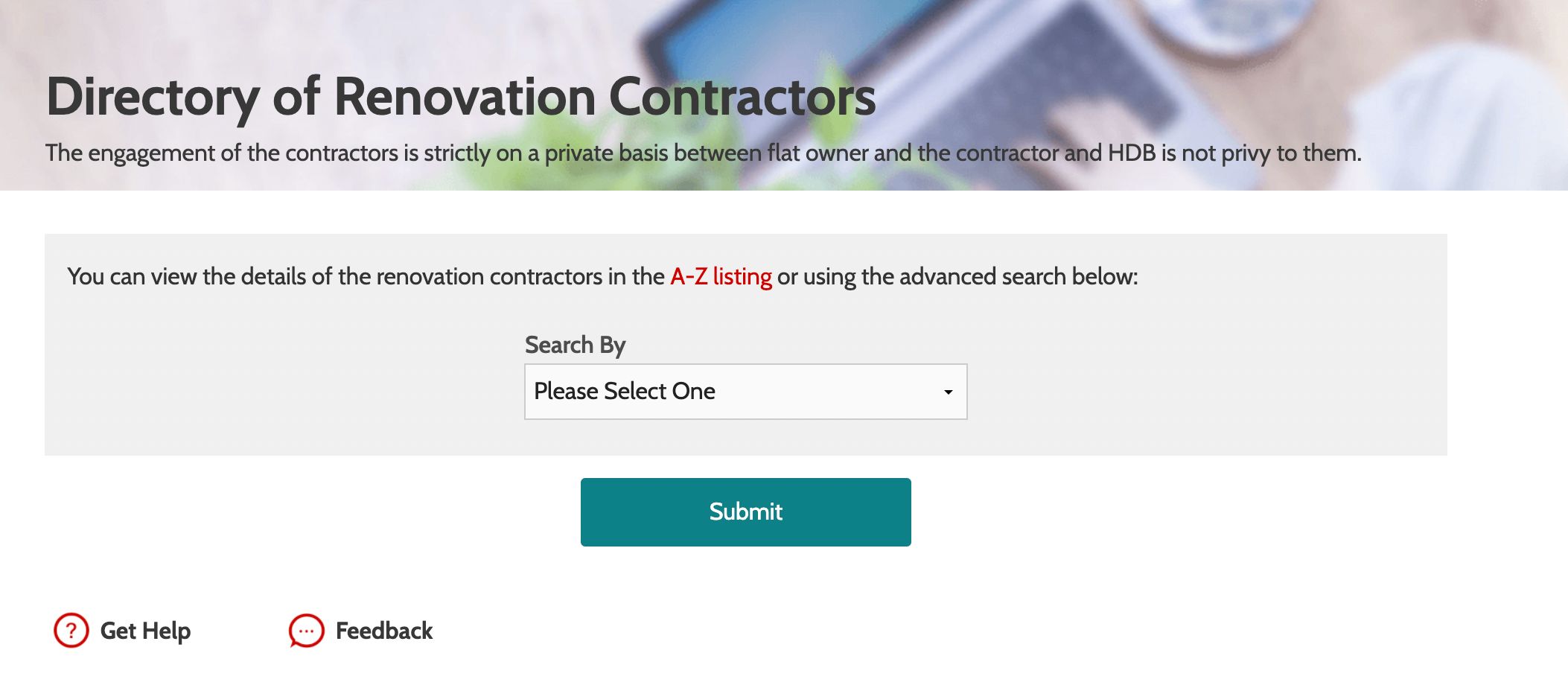
For contractors working on HDB flats, they need to be licensed under the Registered Renovation Contractors’ Scheme (RRCS); you can search for the company name here. Engaging a contractor not under this scheme is illegal, and can incur a fine of up to $5,000.
We suggest you look this up even if your home is a private property. The reason is that almost every established contractor has the HDB license; so it’s a bit worrying when you run into a contractor who doesn’t have it.
Finally, look for CaseTrust – RCMA accreditation for the design firm or contractor. This is an absolute must, as it ensures you’re not dealing with fly-by-night companies.
2. Warranties and insurance
Apart from CaseTrust, ask for any warranties or guarantees the firm can provide. Confident firms will offer these for certain types of work, such as carpentry or custom furniture.
Even if they don’t provide the warranty themselves, the fixtures or materials they use should come with some form of warranty (e.g., a warranty from the manufacturer of the light fixtures). You want to look for these, as it shows they’re getting genuine items from the manufacturer, and not knock-offs.
It’s also important to check your renovation firm has the proper insurance. This is because damage from renovations is not covered under your home content insurance. These damages are always covered by the contractor or designer’s insurance.
(Also, we would doubt the legitimacy of any renovation firm that operates with no insurance!)
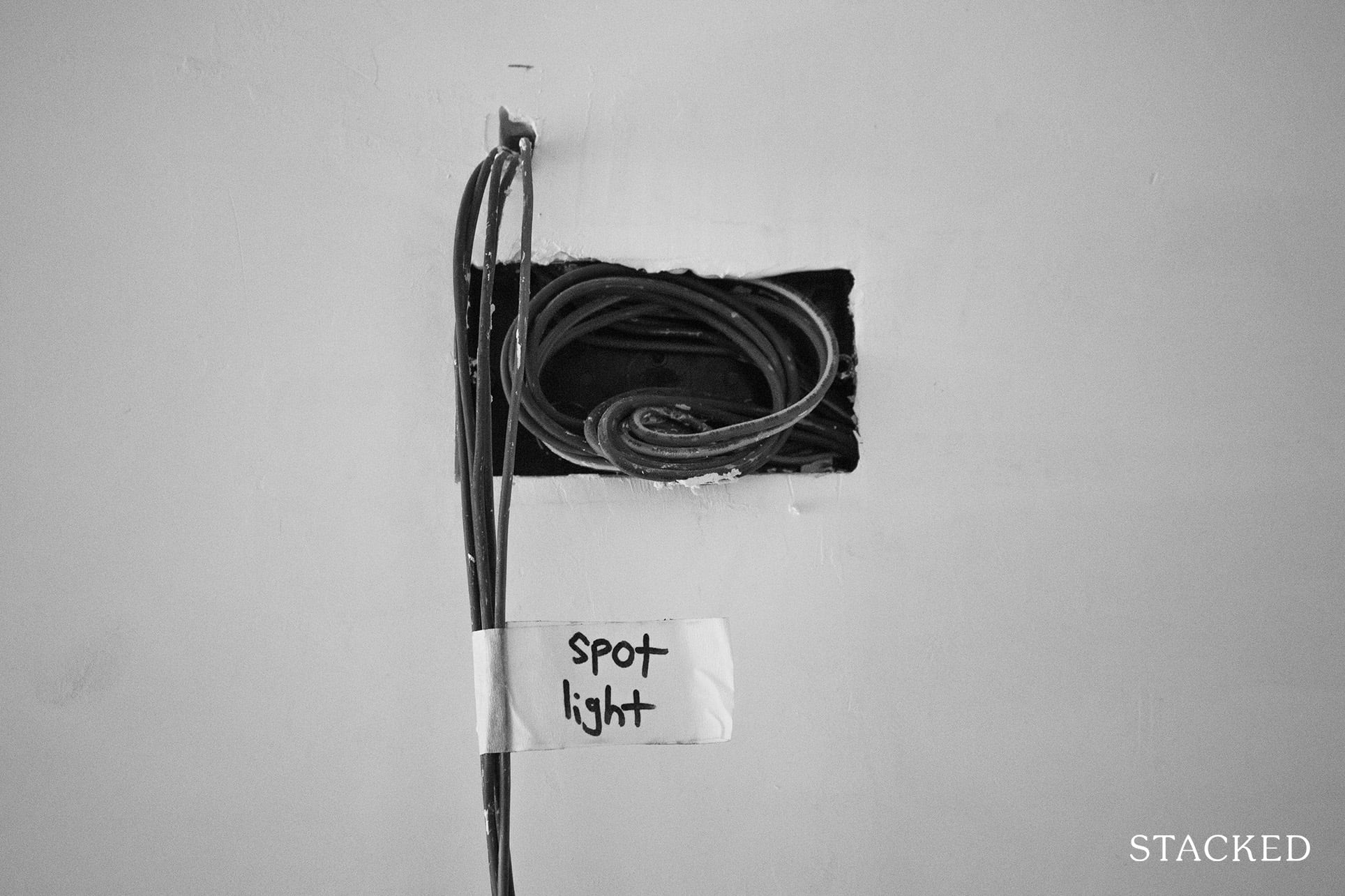
You should also ask about the procedure for defects and errors, that are discovered after the renovation. For example, what happens if there are electrical issues due to renovation, that are only found six months to a year later?
Good renovation firms will have a clear policy in place, and a defined period in which they will service/fix any such defects. Likewise, do be aware of over-the-top claims as well (we’ve heard of some that offer a lifetime warranty). While these may sound good on paper, the reality is no company can actually honour such claims.
3. In-house versus external sub-contractors
Some renovation firms use in-house staff for carpentry, electrical work, etc. Others may use private sub-contractors.
During this Covid-19 situation, those who have in-house staff may have fewer staffing problems. They may not, for instance, have issues with a sub-contractor in Malaysia who suddenly can’t cross the border.
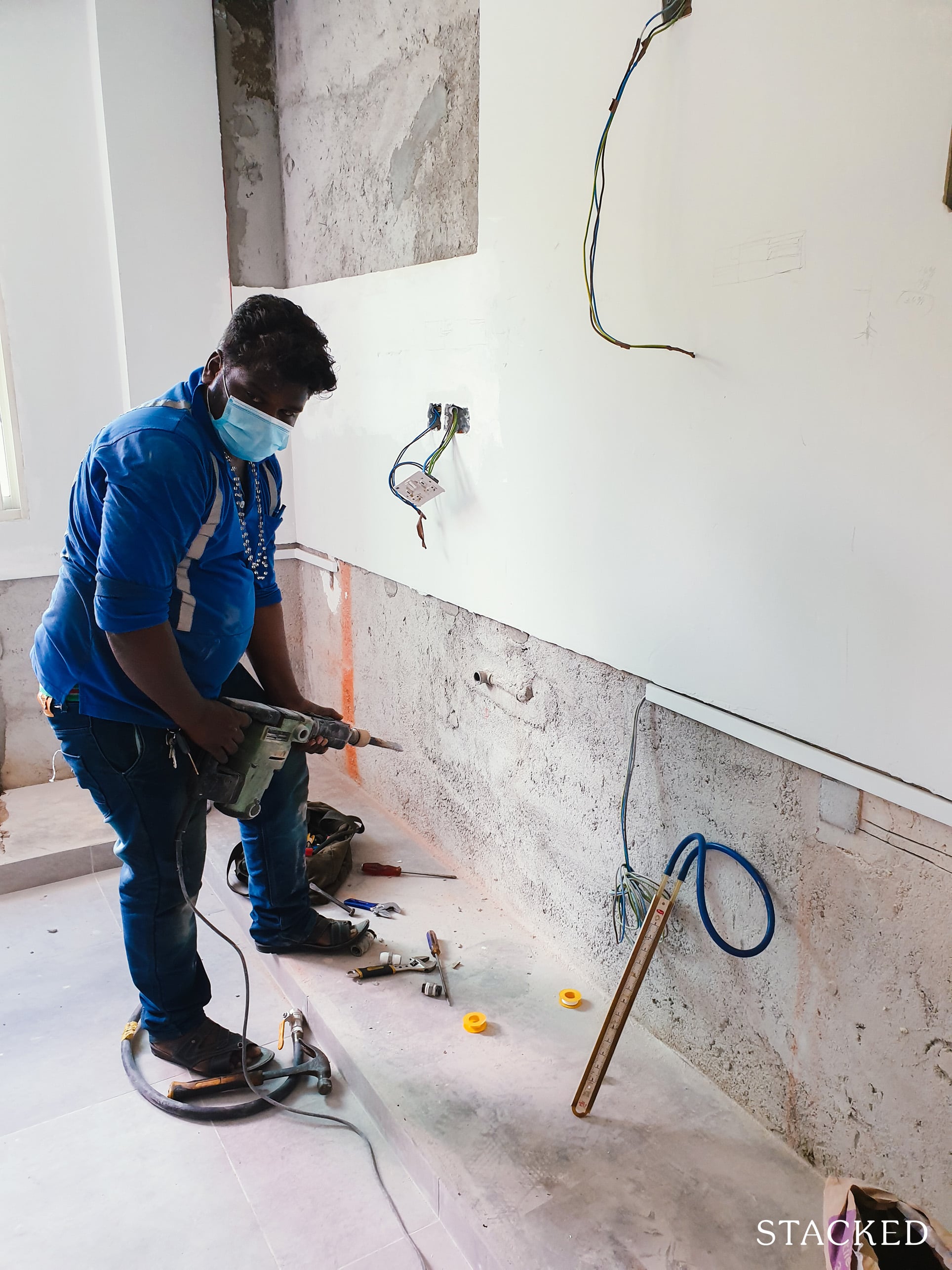
This isn’t to say that those with in-house staff are inherently better; simply that, at this point in time, they may be less prone to renovation delays. This is, of course, assuming that the firm’s in-house team is stationed in Singapore.
On the flip side, firms with in-house teams tend to be large and well established; which also means they tend to charge more. You may want to scout around for different prices.
As a very loose generalization:
In-house = lower risk of delays, but probably higher costs
External sub-contractors = might go wrong because of Covid travel issues, but possibly lower costs
However, note that this is not true of all renovation firms. It is possible, for example, that a firm with an in-house team may still charge less. You’ll have to shop around here.
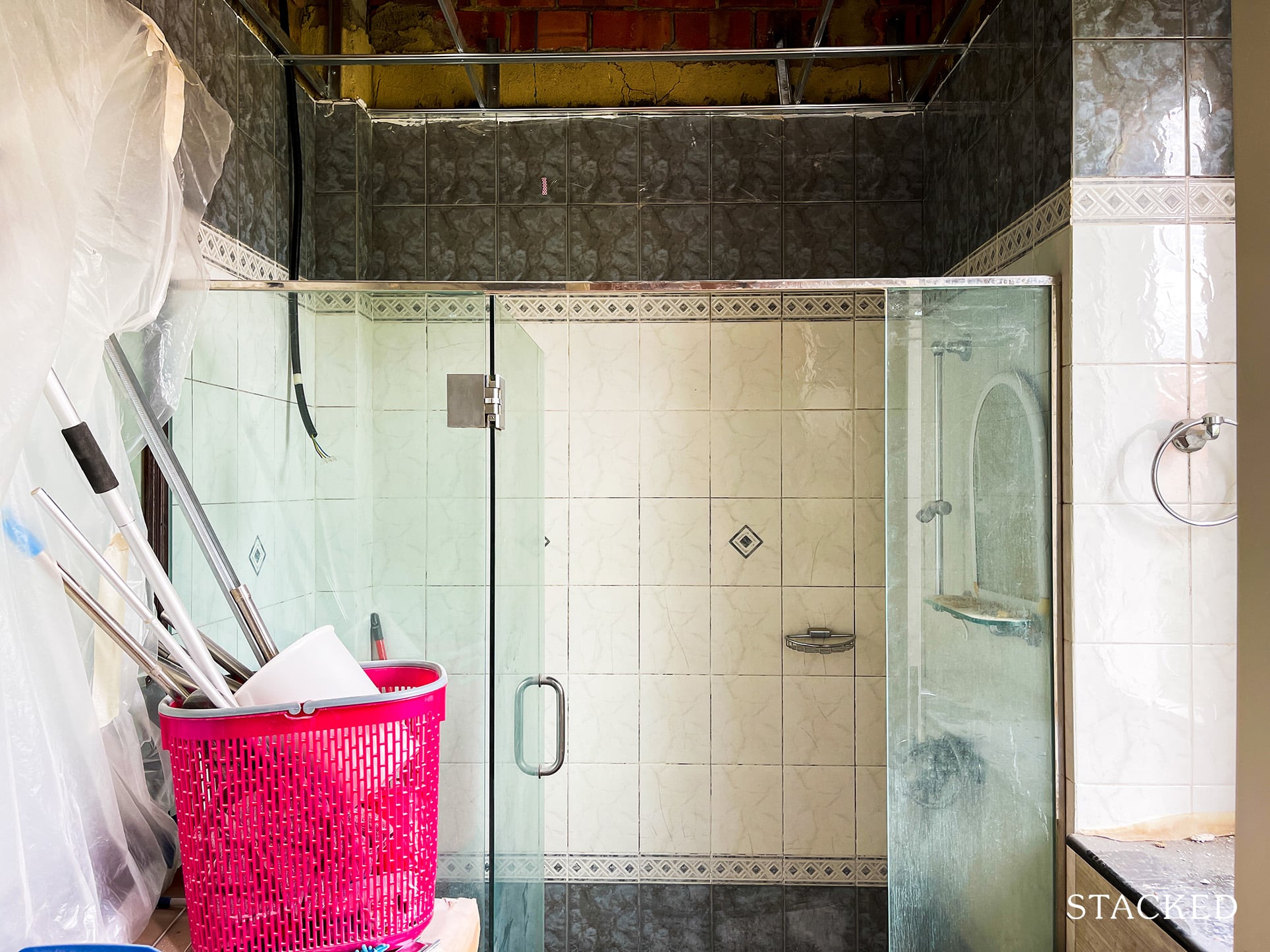
Property Advice9 Cost-Cutting Ways To Keep Renovation Costs Lower For Resale Homes In 2021
by Ryan J4. Previous work in similar property types
If you’re renovating an HDB flat, ask to see samples relevant to your flat type and size. If you’re renovating a terrace house, ask to see samples of those, and so forth.
Certain styles work better in one type of property than another (e.g., ornate styles like Victorian may look great in landed homes, but just crowded in small HDB flats).
Bear in mind it’s possible for someone to have 15 years of experience renovating landed homes, and zero experience with small one and two-bedders. The accreditation scheme mentioned in point 1 doesn’t really take this into account.
5. Past complaints or negative reviews
These are quite easy to find with a quick Google search. We’re not saying you should place absolute faith in online reviews; but most people generally don’t bother making an account to post something negative, unless there’s been a serious problem.
Don’t be shy to bring up any negative comments you’ve seen. Good designers or contractors are more than happy to give you an explanation, without getting defensive.
Besides Google, it’s smart to also look at various sources like Facebook Groups and online forums like Reddit or Hardwarezone to look out for authentic reviews. There are Facebook Groups like Budget Reno that you can join, where people can ask for personal reviews of lesser-known contractors/designers or even do a search for those that have already been posted.

For contractors you will be unlikely to find much information or reviews online as many of these still operate in a very old school way – many of them do not even have websites! In those cases, you can also check if a contractor has any outstanding complaints from the Consumers Association of Singapore (CASE) consumer alert list. This list highlights entities that may have been involved in unfair consumer practices. Another way to do so is to check on ACRA if they have any outstanding legal cases as well.
6. Payment plans and contract terms
It’s not a good idea to pay large amounts (or the full amount) upfront, however reputable the firm seems. There have been some cases of scammers asking 80 to 90 per cent of the entire sum in the first week of the project with the hook of getting additional discounts. Always pay based on stages of completion; this also incentivizes prompt work. A good tip is to make sure to negotiate/adjust the payment schedule that both you and your contractor are comfortable with.
You should be able to understand the terms and conditions, without too much confusion. Look out for red flags like too many variable costs, or unclear itemization (e.g., different names for the same type of work of material, which would mean being charged twice).
With regard to financing, we suggest you stick to renovation loans from established lenders like banks. Some – but not all – renovation firms may provide alternative financing from non-bank lenders, and the interest rate could be much higher than normal.
Finally, we’d like to leave you with realistic expectations when it comes to a renovation job during this pandemic period – be realistic with both your pricing and timelines. If you’ve done any renovation works prior to this, don’t come in with expectations that prices will be the same – material costs have gone up significantly, as with labour costs as well.
As for timelines, while it’s understandable to want to push for a quicker timeline to move in fast, it’s best again to be cognisant of today’s pressures of the pandemic. There’s no point pushing a contractor to agree on a faster timeline, only to be disappointed time and again when those deadlines are met – you’d only be incentivising them to give you an unrealistic one just to agree on a deal. It’s much more sensible to agree on a realistic timeline, such that you can plan better for contingencies like housing and moving plans.
If you need help with renovation issues, reach out to us at Stacked. You can also find out more about homeownership and property investment alike, or check out our in-depth reviews of new and resale homes in the Singapore private property market.
Ryan J
A seasoned content strategist with over 17 years in the real estate and financial journalism sectors, Ryan has built a reputation for transforming complex industry jargon into accessible knowledge. With a track record of writing and editing for leading financial platforms and publications, Ryan's expertise has been recognised across various media outlets. His role as a former content editor for 99.co and a co-host for CNA 938's Open House programme underscores his commitment to providing valuable insights into the property market.Read next from Property Advice

Property Advice We Ranked The Most Important Things To Consider Before Buying A Property In Singapore: This One Came Top
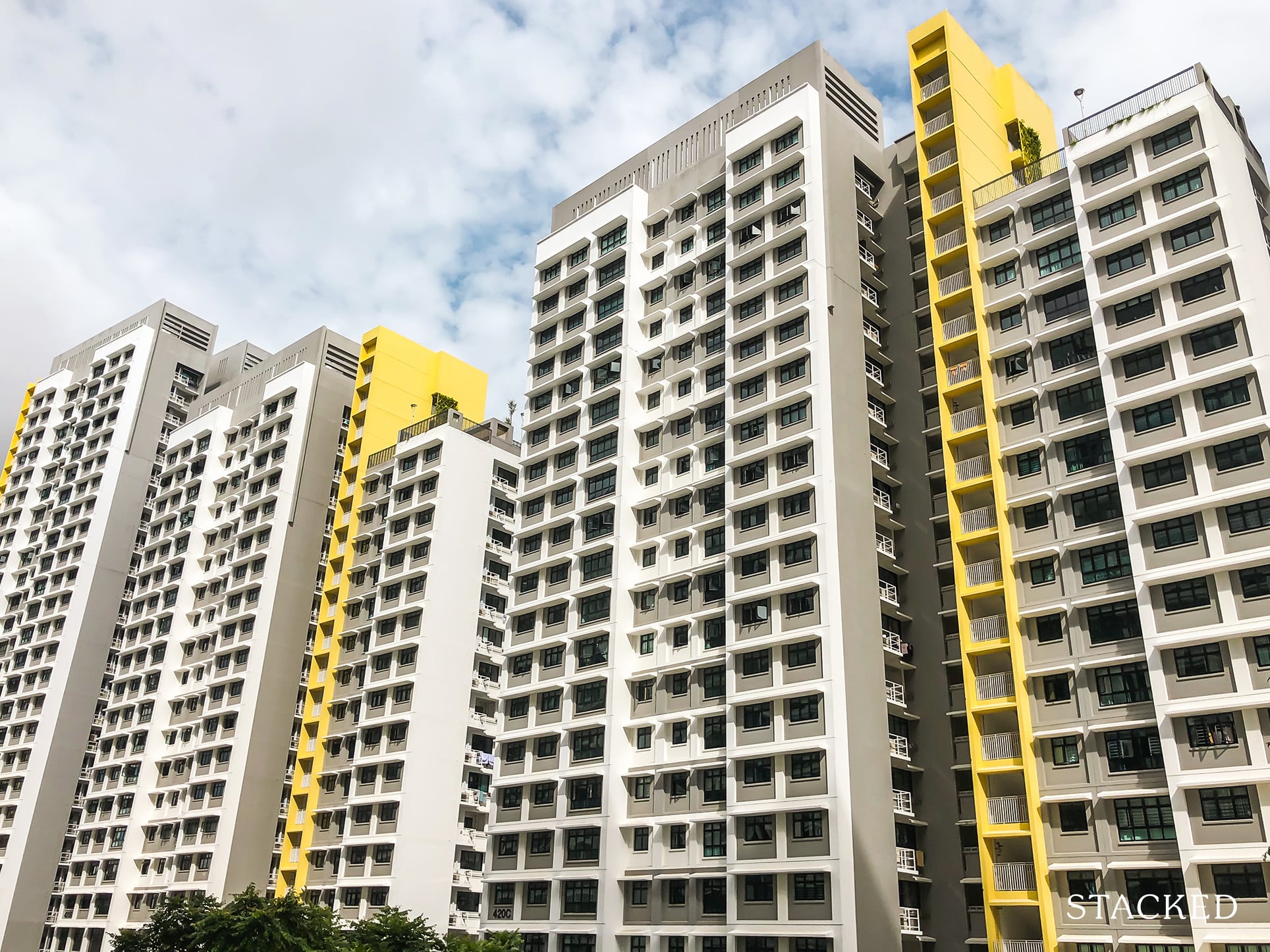
Property Advice Why Punggol Northshore Could Be The Next Hotspot In The HDB Resale Market
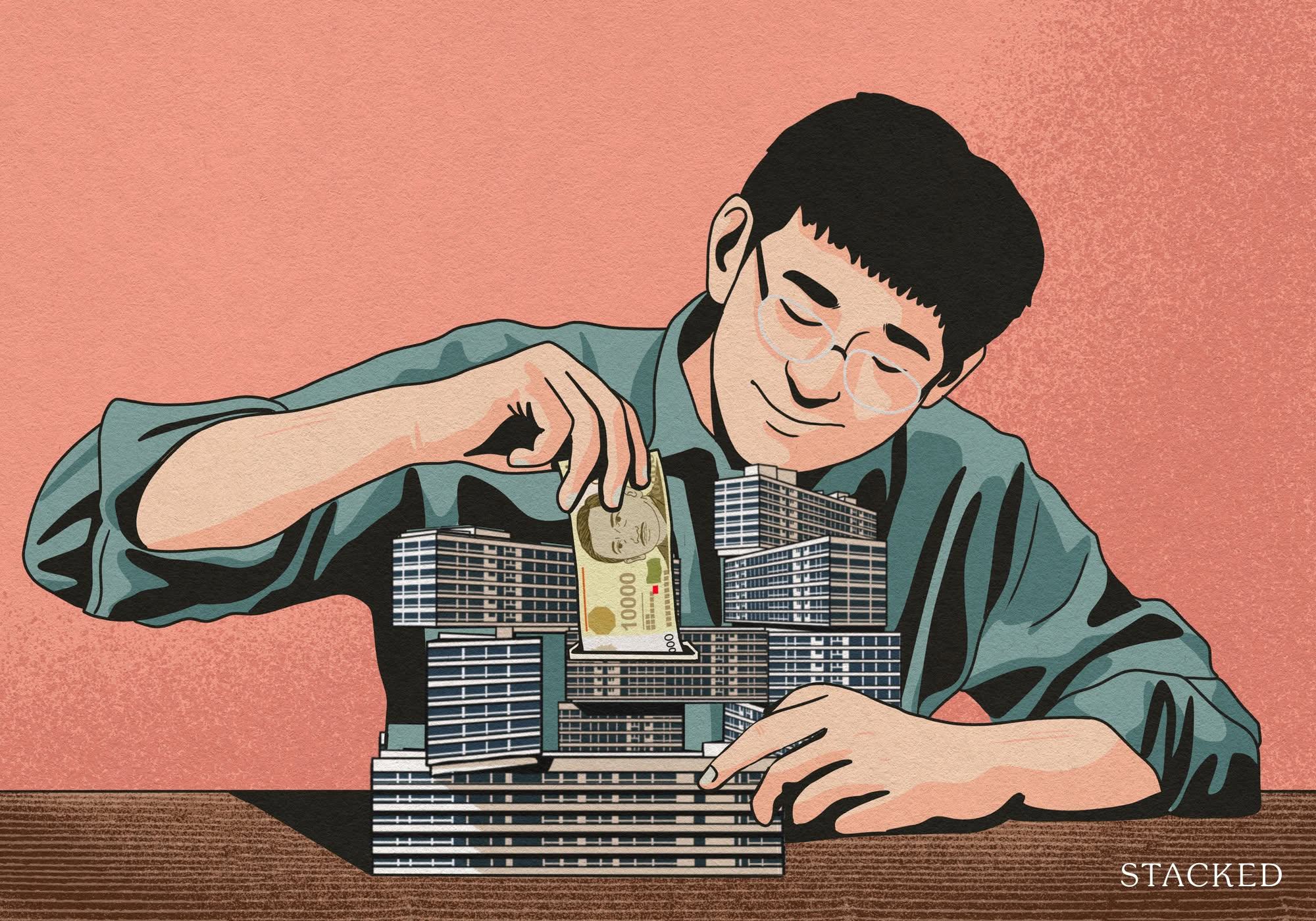
Property Advice How Much Is Your Home Really Worth? How Property Valuations Work in Singapore

Property Advice Why I Had Second Thoughts After Buying My Dream Home In Singapore
Latest Posts
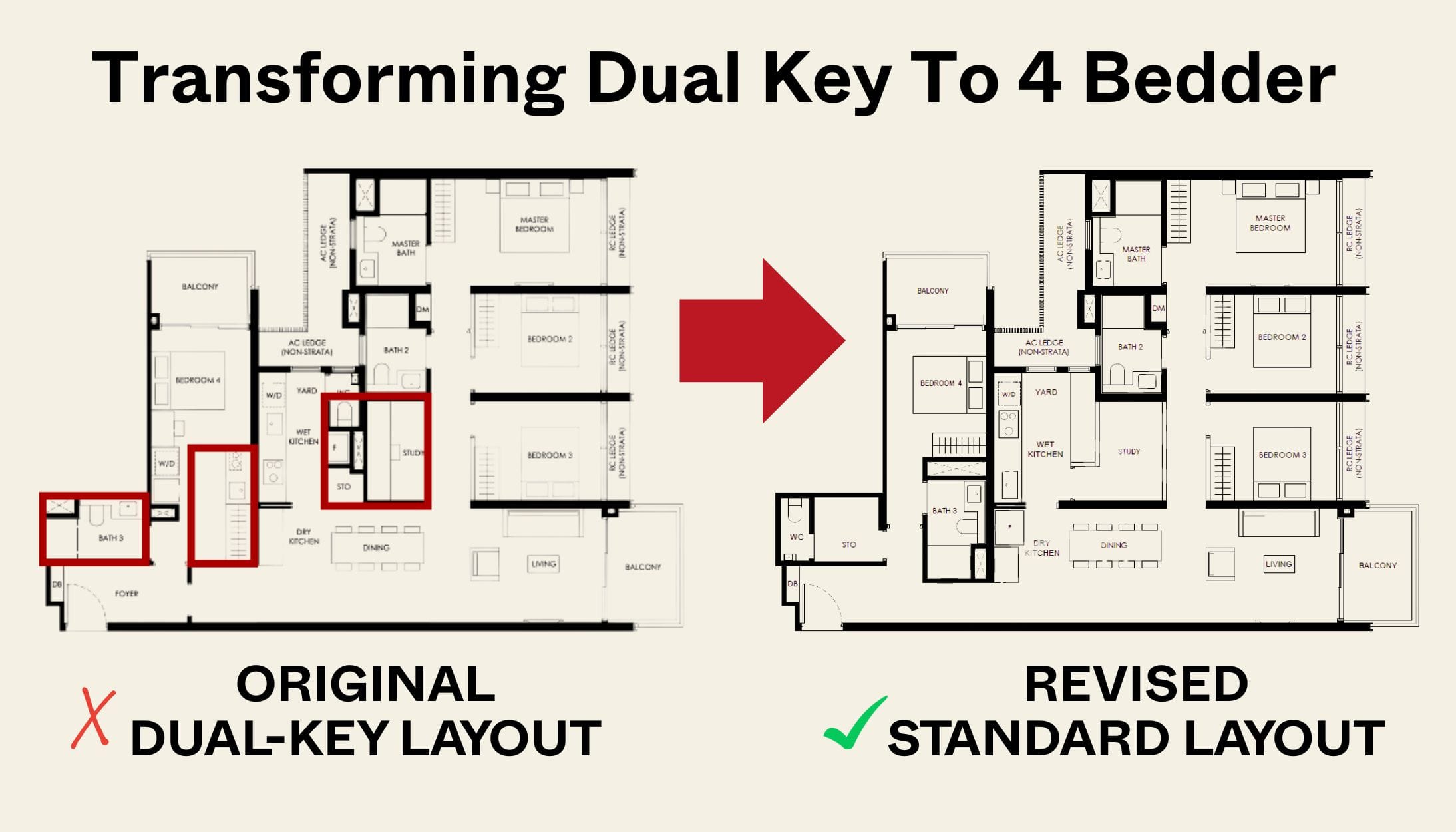
New Launch Condo Reviews Transforming A Dual-Key Into A Family-Friendly 4-Bedder: We Revisit Nava Grove’s New Layout

On The Market 5 Cheapest HDB Flats Near MRT Stations Under $500,000

New Launch Condo Reviews The Robertson Opus Review: A Rare 999-Year New Launch Condo Priced From $1.37m
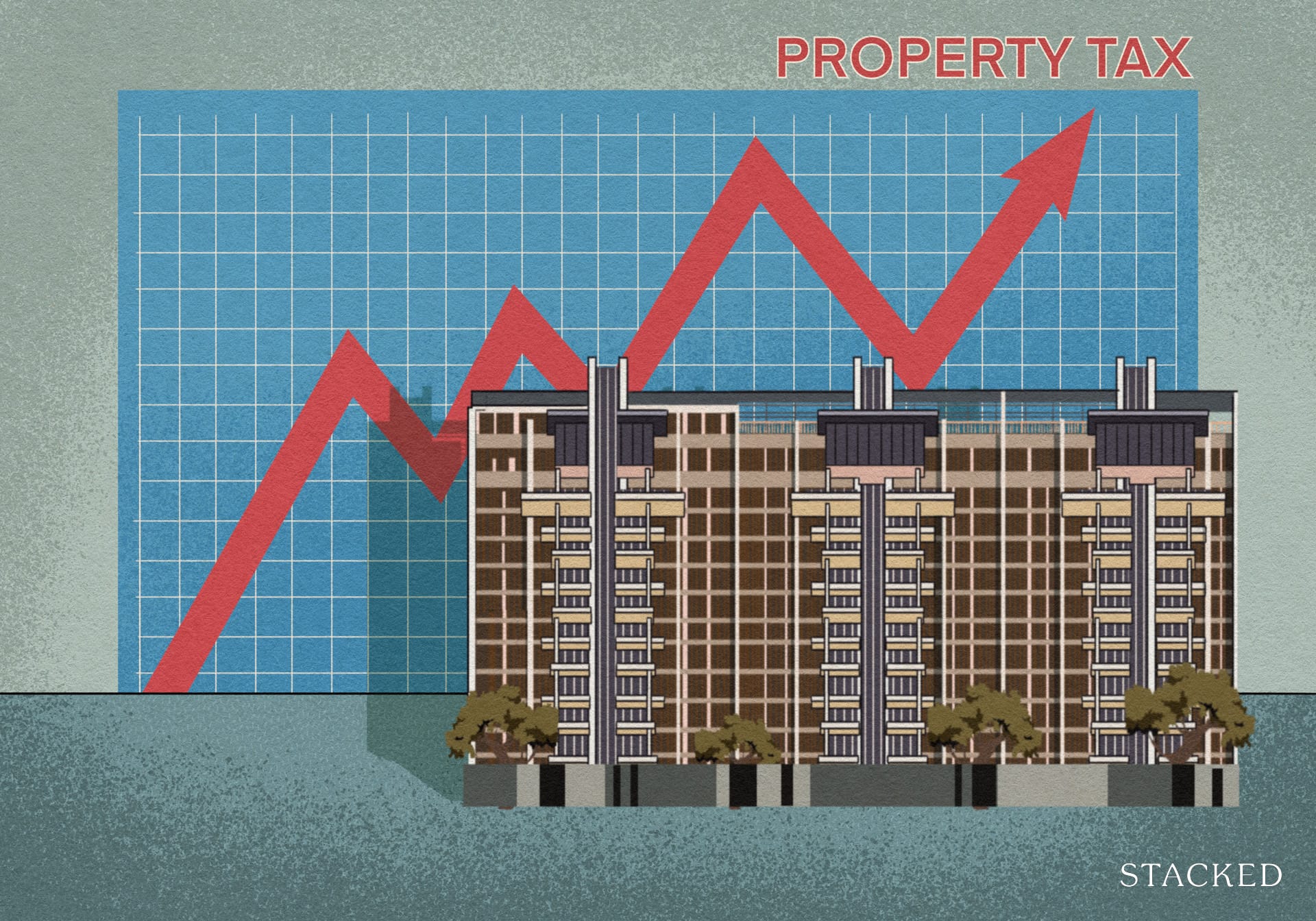
Singapore Property News Higher 2025 Seller’s Stamp Duty Rates Just Dropped: Should Buyers And Sellers Be Worried?
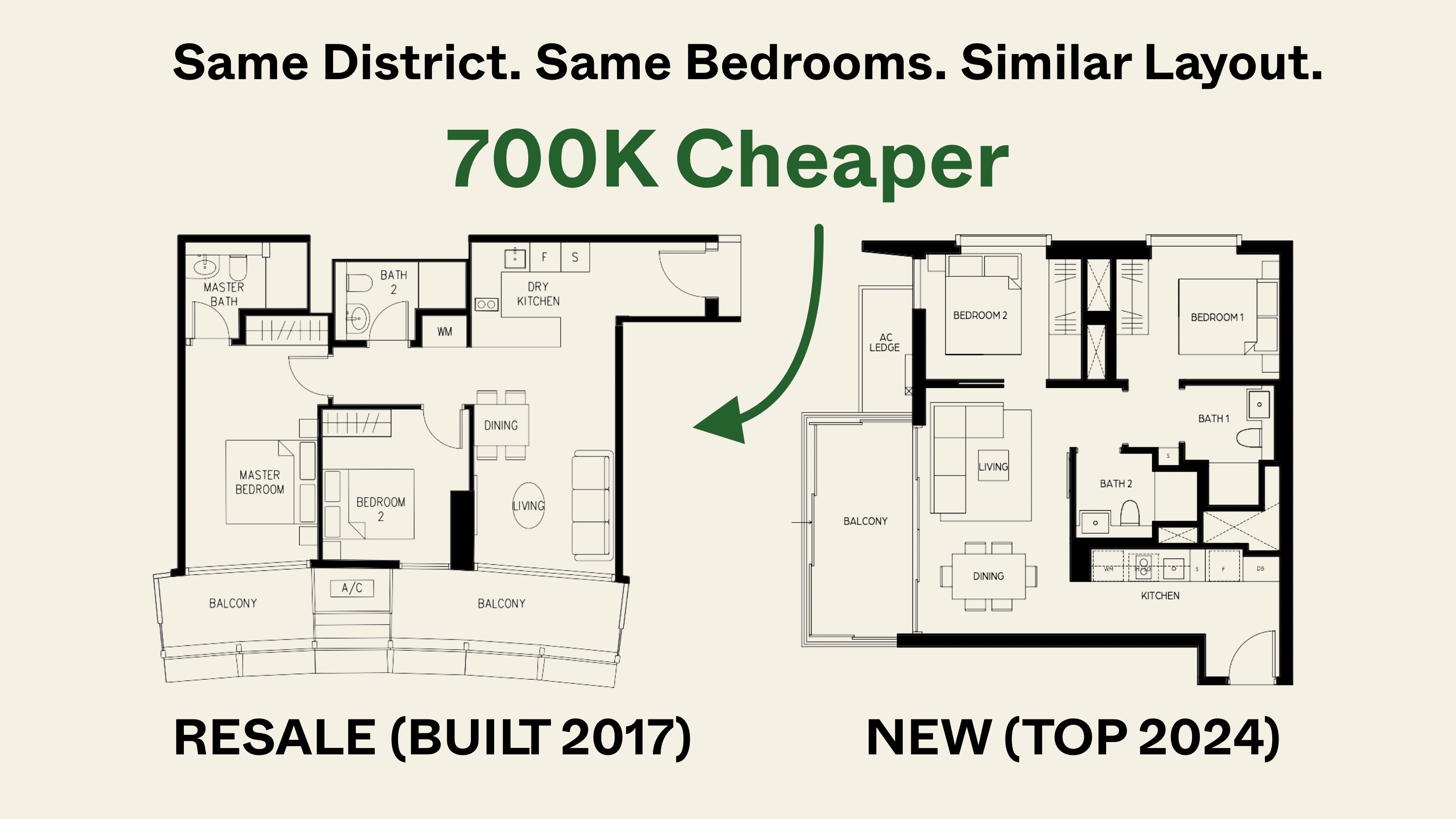
Pro Same Location, But Over $700k Cheaper: We Compare New Launch Vs Resale Condos In District 7

Property Trends Why Upgrading From An HDB Is Harder (And Riskier) Than It Was Since Covid

Property Market Commentary A First-Time Condo Buyer’s Guide To Evaluating Property Developers In Singapore
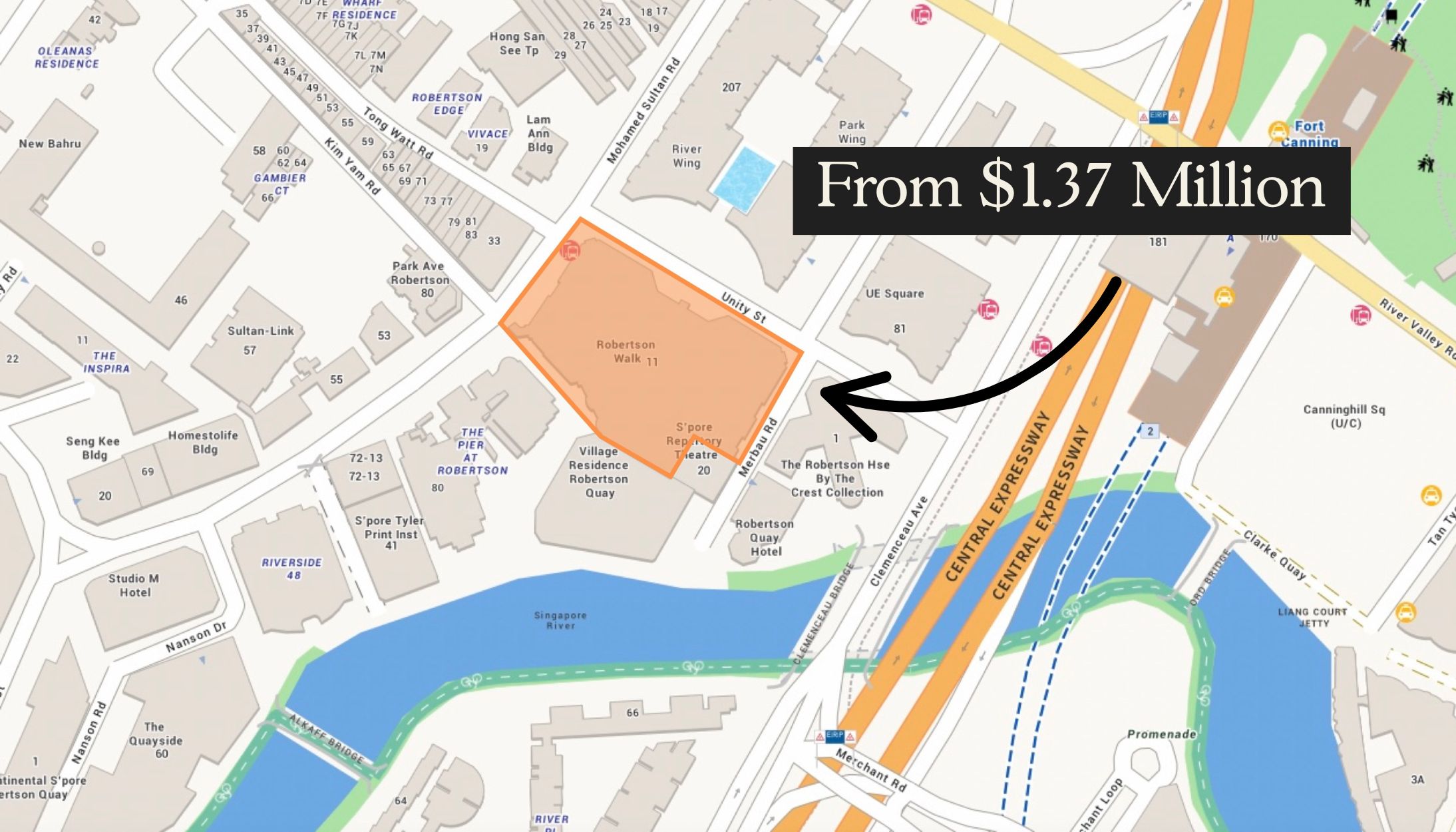
New Launch Condo Analysis This Rare 999-Year New Launch Condo Is The Redevelopment Of Robertson Walk. Is Robertson Opus Worth A Look?
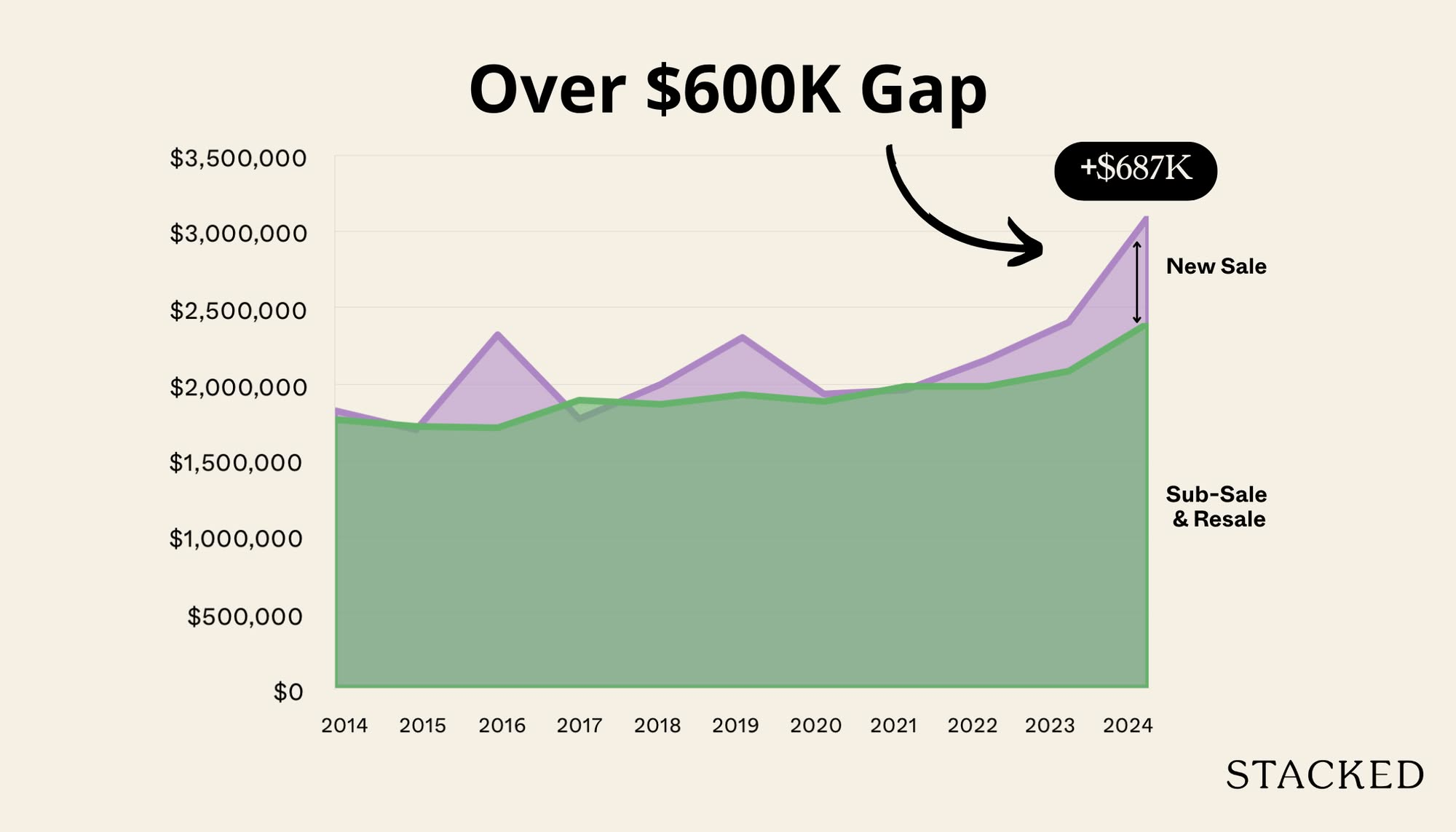
Pro We Compared New Vs Resale Condo Prices In District 10—Here’s Why New 2-Bedders Now Cost Over $600K More
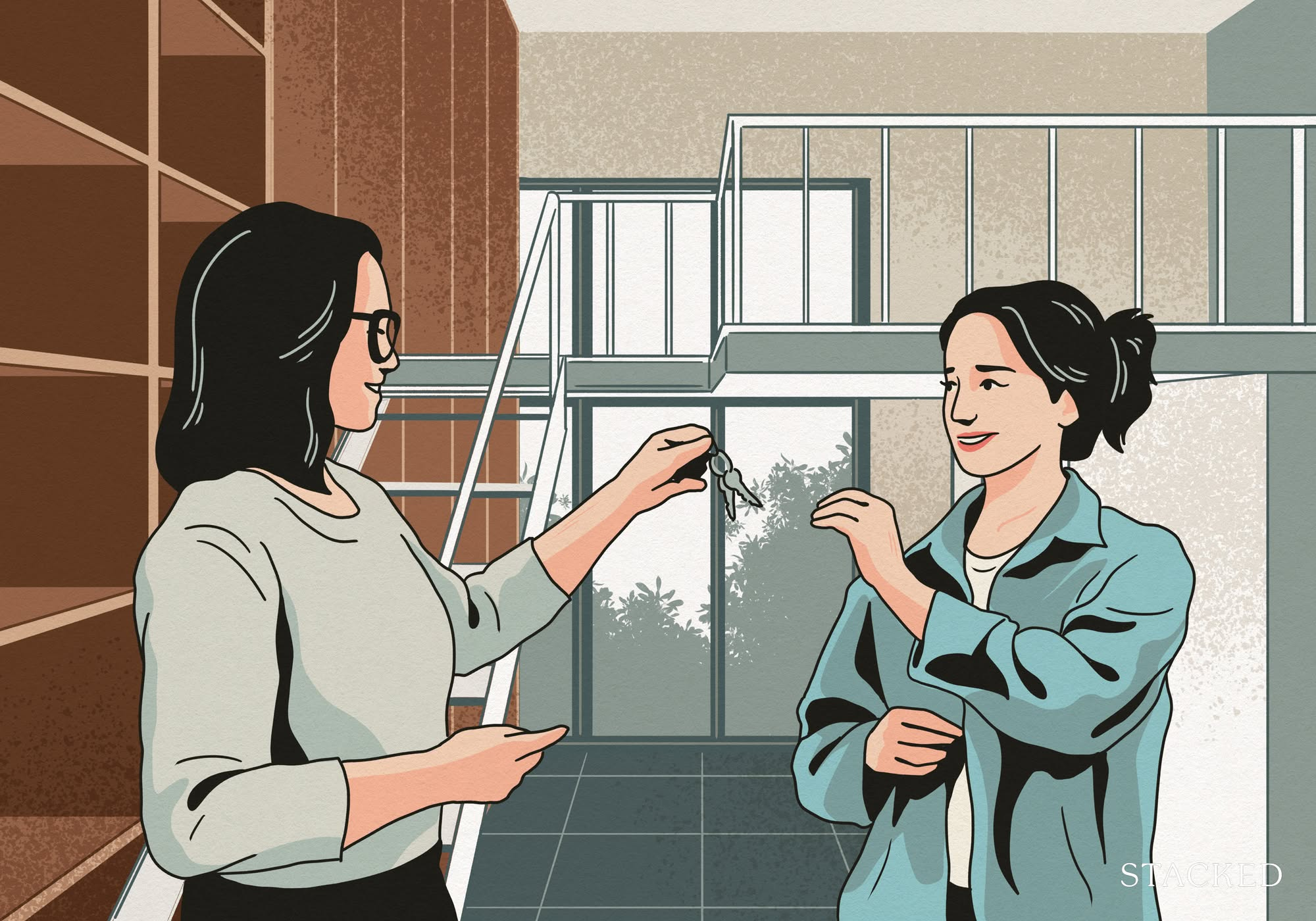
Singapore Property News They Paid Rent On Time—And Still Got Evicted. Here’s The Messy Truth About Subletting In Singapore.

New Launch Condo Reviews LyndenWoods Condo Review: 343 Units, 3 Pools, And A Pickleball Court From $1.39m
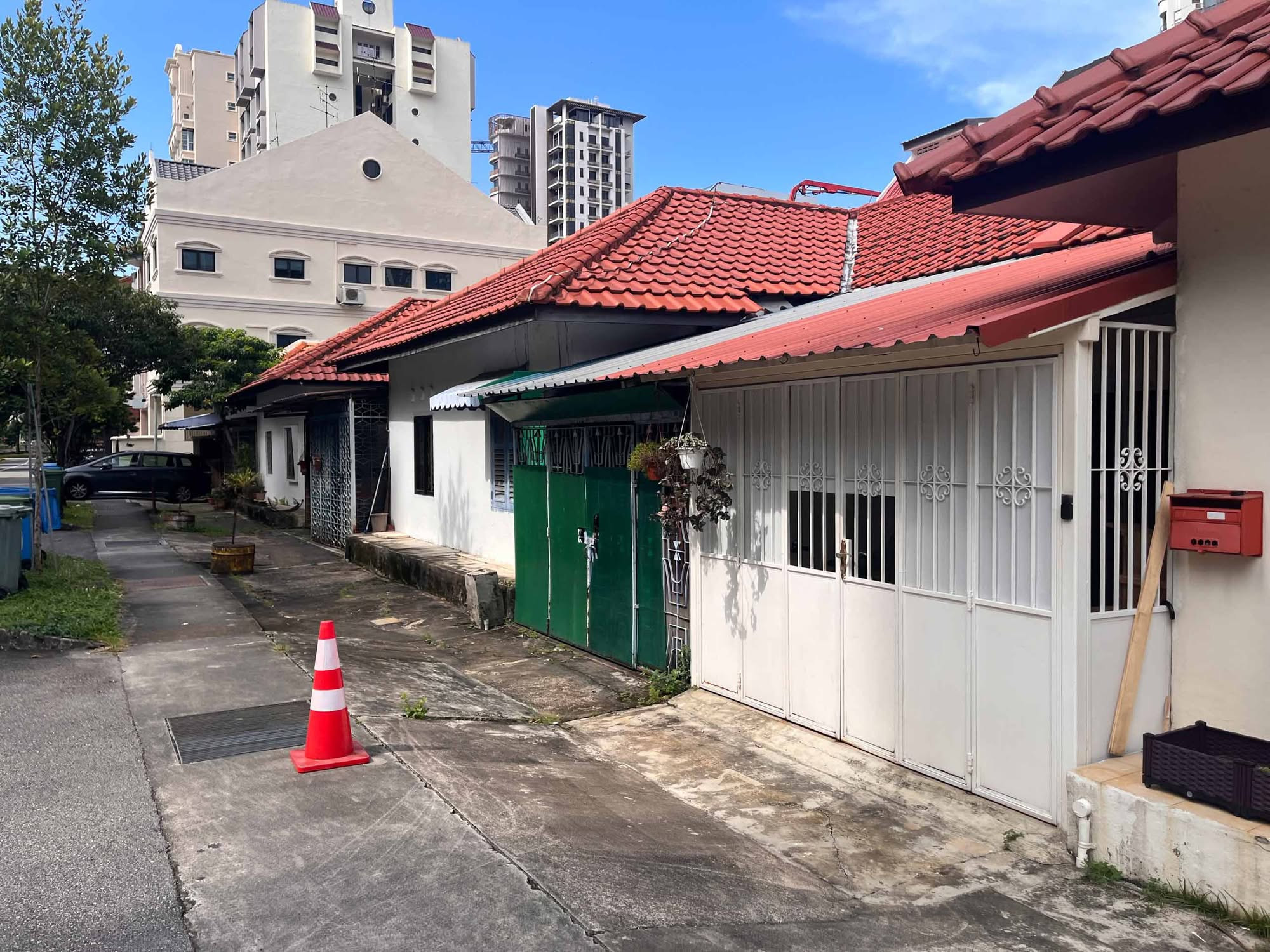
Landed Home Tours We Tour Affordable Freehold Landed Homes In Balestier From $3.4m (From Jalan Ampas To Boon Teck Road)

Singapore Property News Is Our Housing Policy Secretly Singapore’s Most Effective Birth Control?

Property Market Commentary Why More Young Families Are Moving to Pasir Ris (Hint: It’s Not Just About the New EC)
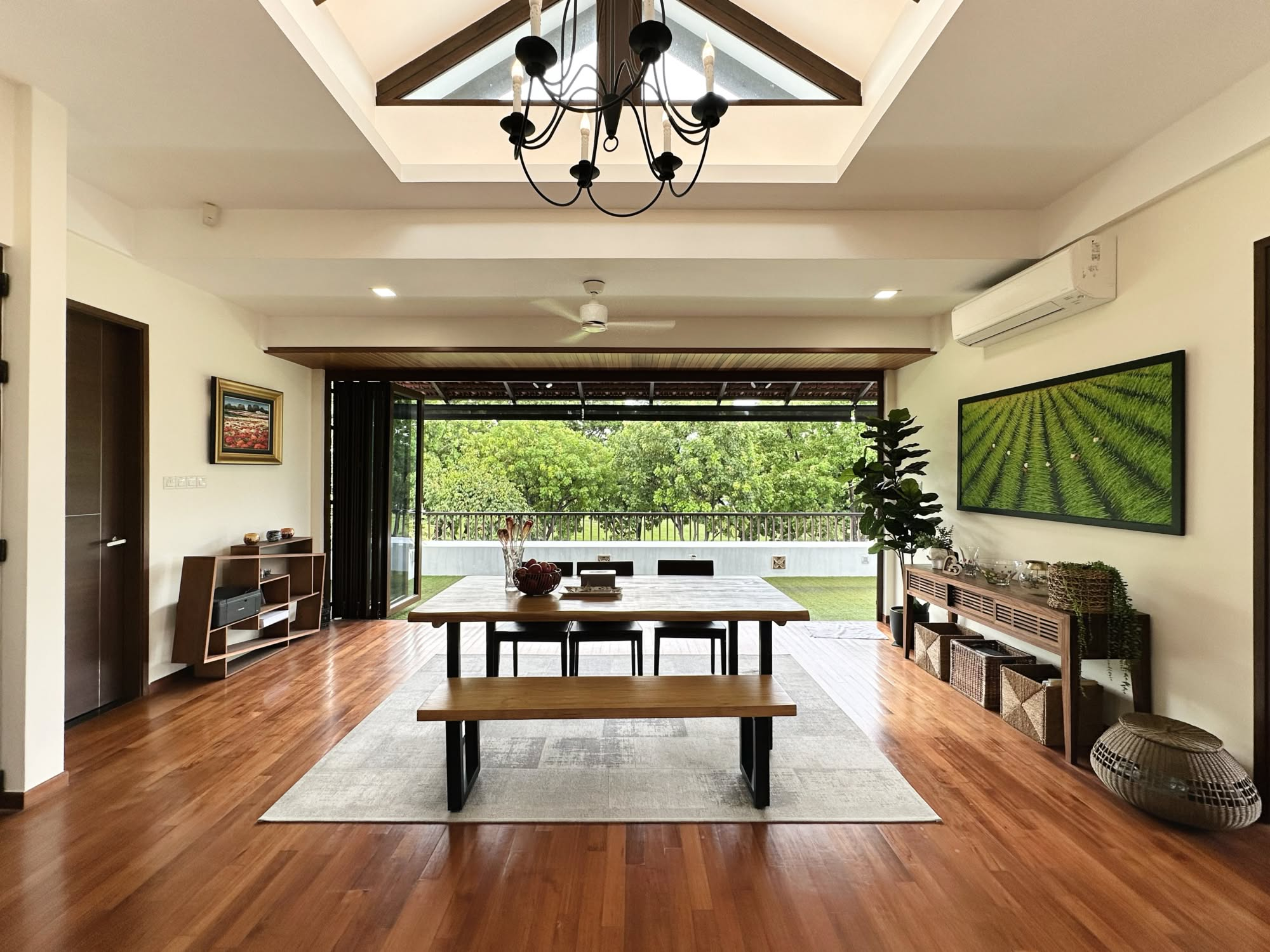
On The Market A 10,000 Sq Ft Freehold Landed Home In The East Is On The Market For $10.8M: Here’s A Closer Look



The fact is renovation (even construction) work is mostly done by basically unskilled foreign workers. That is why “shoddy work” is the norm in the construction and renovation industry. Many, if not most, contractors want to finish a job asap with as little time and material used. Quality of work is not a top priority.